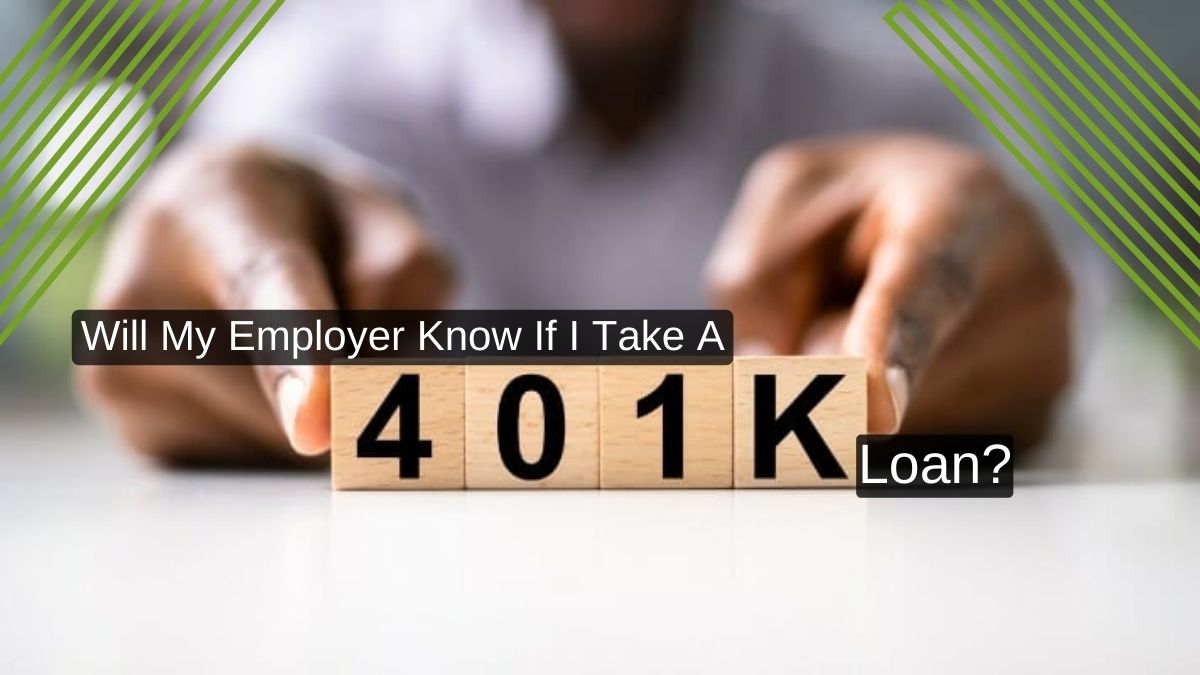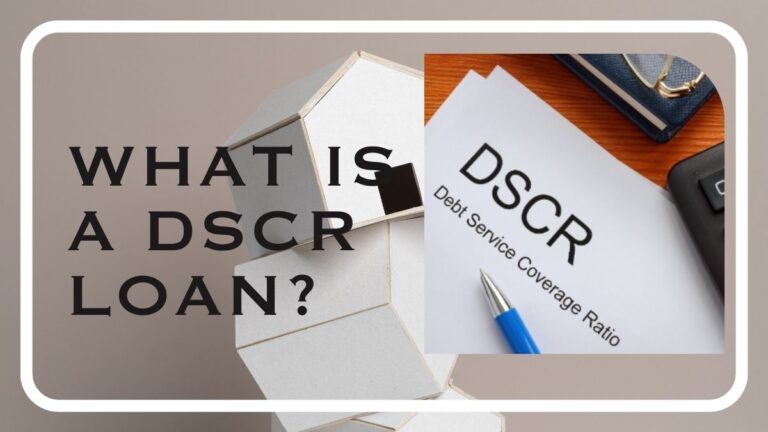Will My Employer Know If I Take A 401k Loan?
Tapping into your 401k Loan can be a tempting option when you’re in need of some extra cash. But before you make that move, there’s one question on your mind: will my employer know if I take a 401k loan? We understand the importance of financial privacy and we’re here to give you the lowdown on this pressing concern.
What is a 401k loan?
A 401k loan is a borrowing option available to individuals who have a 401k retirement account. Unlike traditional loans from banks or financial institutions, a 401k loan allows you to borrow money directly from your own retirement savings. It’s like giving yourself a temporary advance on your future nest egg!
So how does it work? Well, when you take out a 401k loan, you’re essentially borrowing money from yourself. The loan amount is typically limited to either $50,000 or half of the vested balance in your account, whichever is less. You’ll then need to repay the loan within a specific timeframe, usually five years.
One of the advantages of taking out a 401k loan is that there are no credit checks involved since you’re using your own funds as collateral. This can be particularly appealing if you have less-than-perfect credit. Additionally, the interest rates on these loans are often lower compared to other types of loans.
However, it’s important to note that there are some potential downsides as well. If you fail to repay the loan within the specified time frame (usually due to leaving your job), it will be considered an early withdrawal and subject to taxes and penalties. Furthermore, while repaying the loan, you may miss out on potential investment gains that could have been earned had those funds remained in your retirement account.
Now that we understand what a 401k loan entails let’s explore how you can discreetly go about taking one without alerting your employer!
How do 401k loans work?
- 401k loans can be a useful tool for those who need access to cash but want to avoid high-interest rates and penalties. But how exactly do these loans work? Let’s break it down.
- First, it’s important to know that not all 401k plans offer loan options, so you’ll need to check with your plan administrator to see if this is an option for you. If it is, there are typically limits on the amount you can borrow – usually up to 50% of your vested account balance or $50,000, whichever is less.
- Once approved for a loan, you’ll start making regular payments back into your own 401k account. These payments typically include both principal and interest and are deducted directly from your paycheck on an after-tax basis.
- The repayment period usually spans five years unless the loan is used for purchasing a primary residence. In that case, the term may extend up to 30 years. It’s essential to note that interest rates on 401k loans are generally lower than what traditional lenders charge.
- While taking out a loan from your 401k may seem like a convenient solution in times of financial need, there are some things worth considering before doing so. Understanding how the process works allows you to make informed decisions regarding your retirement savings while avoiding any surprises along the way!
Pros and cons of taking a 401k loan?
- Taking a 401k loan can be a tempting option when you find yourself in need of extra funds. However, it’s important to carefully consider the pros and cons before making this decision.
- One potential benefit of taking a 401k loan is that it allows you to access your own money without going through a credit check or paying high-interest rates. This can provide some financial relief during challenging times. Additionally, the interest paid on the loan goes back into your retirement account, which means you’re essentially paying yourself back.
- On the other hand, there are also downsides to taking a 401k loan. One major drawback is that you’ll miss out on potential investment gains by removing funds from your retirement account. This could significantly impact your long-term savings goals and future financial security.
- Another disadvantage is that if you leave your job (voluntarily or involuntarily), the outstanding balance becomes due within a short period of time, typically 60 days. If you’re unable to repay the loan in full during this timeframe, it will be treated as an early withdrawal and subject to taxes and penalties.
- It’s also worth noting that taking a 401k loan may not address any underlying financial issues or help improve your overall financial situation. It’s important to carefully evaluate whether borrowing against your retirement savings is truly necessary and explore other alternatives first.
- Deciding whether or not to take a 401k loan requires careful consideration of both immediate needs and long-term implications for your retirement savings. It’s always recommended to consult with a financial advisor who can provide personalized advice based on your specific circumstances before making such an important decision.
How to take a 401k loan without your employer knowing?
- Taking a 401k loan can be a helpful option if you find yourself in need of some extra cash. However, you may have concerns about whether your employer will know about it. Fortunately, there are ways to take a 401k loan without your employer knowing.
- Familiarize yourself with the rules and regulations surrounding 401k loans. Each plan may have different guidelines and requirements, so make sure you understand them thoroughly before proceeding.
- One way to keep your loan under the radar is by taking advantage of online platforms or retirement plan administrators that offer self-service options for managing your account. By utilizing these platforms, you can apply for a loan discreetly without involving your employer directly.
- Another strategy is to opt for an indirect rollover. This involves transferring funds from your current employer’s 401k plan into an Individual Retirement Account (IRA). Once the money is in an IRA, you can take out a loan without any involvement from your employer.
- It’s important to note that while taking steps to keep your 401k loan hidden from your employer might seem tempting, transparency is usually recommended when it comes to financial matters within the workplace. Taking on debt should always be carefully considered and discussed with a financial advisor or planner before making any decisions.
- While there are methods available to take a 401k loan without alerting your employer directly, it’s crucial to approach this decision thoughtfully and seek professional guidance when needed. Your long-term financial well-being should always remain at the forefront of any borrowing considerations.
Conclusion:
Taking a 401k loan can be a viable option for those in need of funds, but it’s important to understand the potential consequences and weigh them against your financial goals. While there are advantages to borrowing from your retirement savings, such as avoiding credit checks and potentially lower interest rates, there are also drawbacks.
One of the concerns many people have is whether their employer will know if they take a 401k loan. The answer is generally no, as long as you repay the loan according to the terms set by your plan administrator. However, keep in mind that even though your employer may not be aware of the loan itself, they will still see any changes in payroll deductions or contributions.
Before making any decisions regarding taking a 401k loan, it’s important to carefully consider all factors involved. Evaluate other options available to you first and consult with a financial advisor if needed. Remember that loans from retirement accounts should ideally be used as a last resort and only when absolutely necessary.






